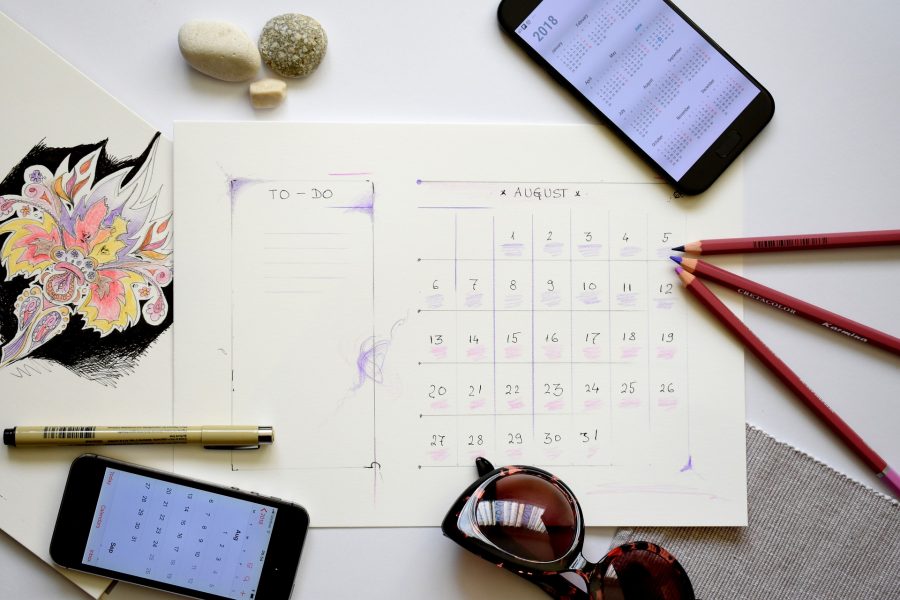Absolutely…
NOT…
I am not perfect; I am not infallible, unflappable or stoic; I lack confidence and have fragile self-esteem; I am indecisive and can procrastinate as much, if not more than anyone else; I am not always calm, carefree, and happy; I do not have a life which is free from stress, anxiety or depression, and “yes” I even have a few phobias. AND one more thing… I am a mother, agghh, and sometimes I think, my kids don’t stand a chance (low self-esteem “10 points”, me, myself, and I “nil points”).
But I am human, and I am real.
I may have all the solutions to your problems, (oops say “hello” to little miss arrogant) but none of the solutions to my own problems. That’s right, I have not solved all my own problems, my husband’s problems, or my children’s problems, yet, but it is a work in progress. And here’s a revelation…
…not all problems need solving, sometimes the “solution” lies in acceptance or a change of perspective.
I was bullied horribly as a pre-teen/teen, as an adult, and even by some of my bosses; as a child/pre-teen, I experienced some very inappropriate behaviour from a trusted adult; and in my late teens I had a serious relationship that turned rather abusive. I’ve experienced the heart-breaking loss of significant loved ones, including my Mum. My marriage has had some very big bumps (nay, potholes the size of a ravine) in the road, which would break many, and, as a parent, things are not always plain sailing, sometimes our home feels like a battleground. I get stressed, depressed, and anxious, and I haven’t had a decent night’s sleep for years!
So, you may think “what kind of a therapist are you, when you can’t even sort your own problems, life, self, out?” Or you may think “wow, I thought my life was bad, but she has got ISSUES!”. But hopefully, most will think “that therapist might have her own problems but at least this means she can really understand and relate to me and my problems”. As one of my actual clients said:
“Excellent. [Tamzin] has an amazing ability to understand, relate and instil confidence” (Barbara).
Some of you might even think “I can really see how working with her could help me so much”. And it may come as a bit of a surprise to learn that…
…sometimes working with my clients on overcoming some of their challenges helps me too.

But more importantly, therapy can help you accept your authentic self, warts-and-all, with unconditional love and compassion, and can empower you to make the changes you are looking for.
Through working together, you can experience true empathy, understanding, and that feeling of really being seen. You will be listened to without judgment, as you explore your experiences. It can help you to consider different perspectives, and find your own solution/s as you overcome whatever challenges, or problems you are facing.
Final thought – Being a therapist does not mean I am without problems, or that I have all the solutions but as a therapist, I can walk with you through your journey and help you tap into, and utilise, your own very powerful inner resources to affect the changes you want.
To become the best you, and live your best life.




